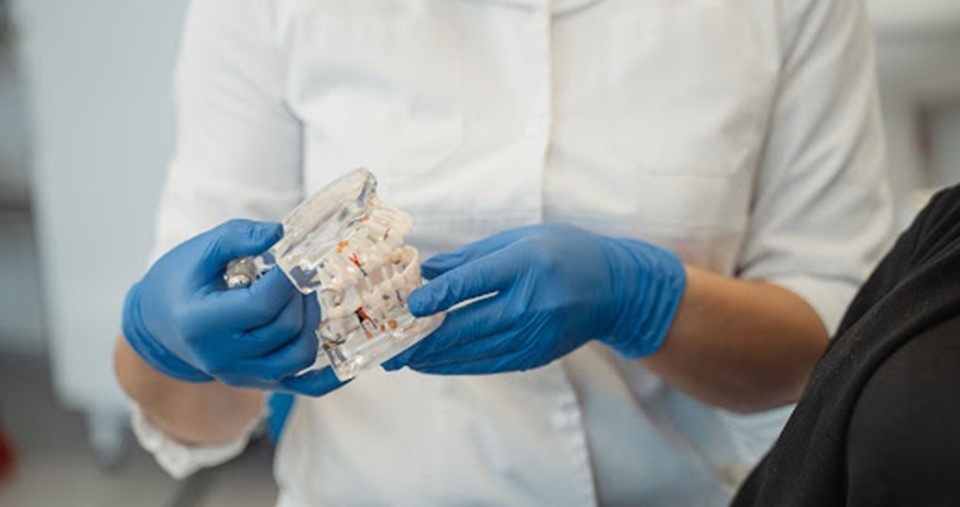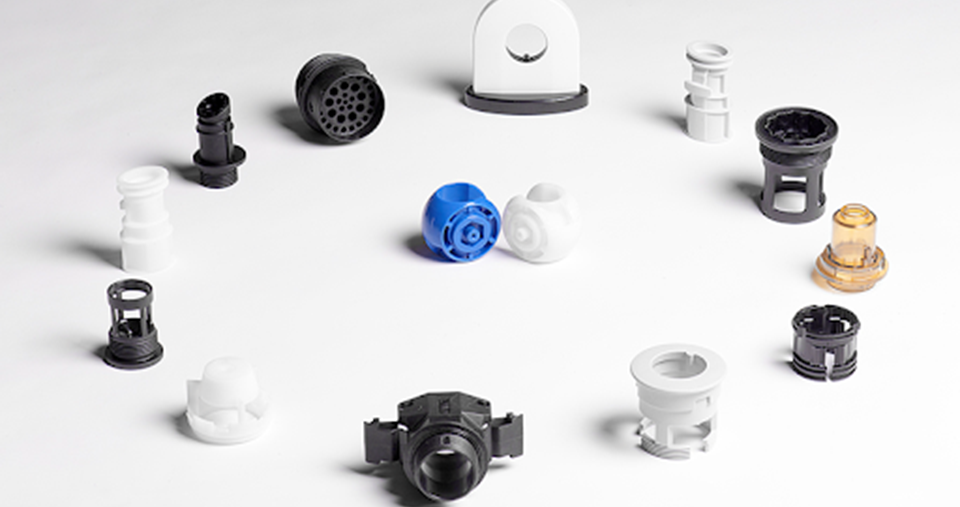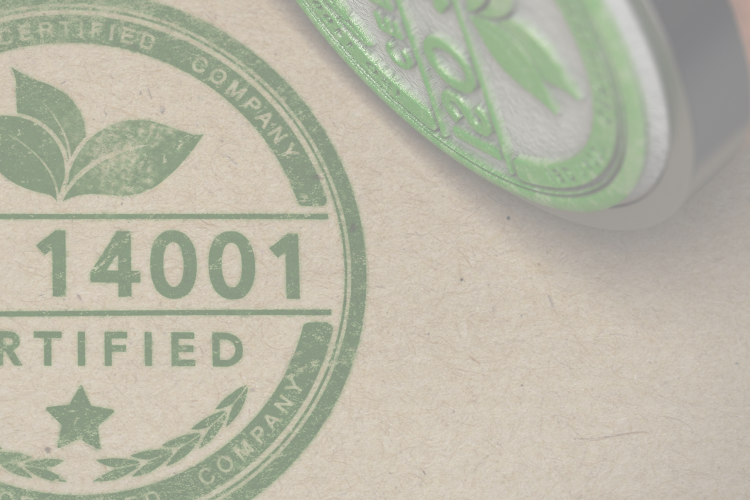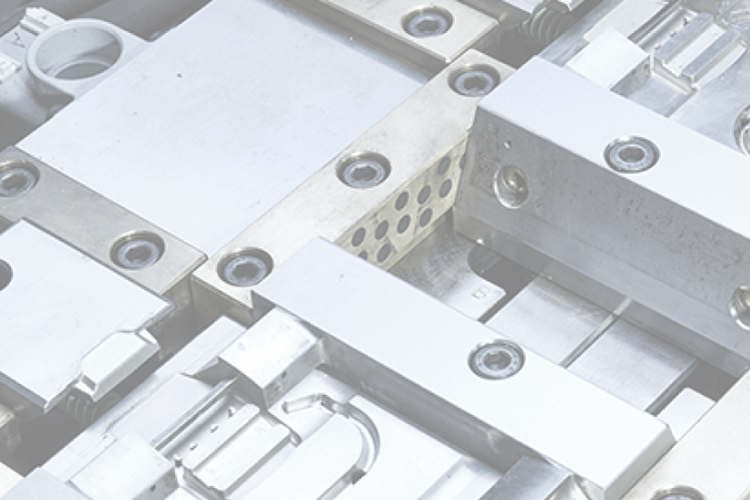What is Plastic Injection Moulding? Process & Benefits Explained
At Idea Stampi, we pride ourselves on being experts in plastic injection moulding, a process widely used in various industries to produce high-quality plastic components. In this guide, we will walk you through the basics of what plastic injection moulding is, how it works, and why it’s a critical manufacturing technique for many industries.
Learn more about:

How plastic injection moulding works
Plastic injection moulding is a highly versatile and widely used manufacturing process designed to produce plastic parts in large quantities. It involves injecting molten plastic material into a mould cavity, where it cools and solidifies to take the shape of the mould. This technique is favored for creating everything from small components to larger assemblies and is prevalent across industries such as automotive, medical, and electronics.
Plastic injection moulding works by using a high-pressure injection process to force molten plastic into a precisely shaped mould. The mould itself is designed to match the dimensions and geometry of the part to be produced, ensuring accuracy and repeatability in manufacturing.
The step-by-step plastic injection moulding process
Here’s a breakdown of the key steps involved in the plastic injection moulding process:
- Clamping - The mould, which consists of two halves, is securely clamped together to withstand the pressure of the injection process.
- Injection - Molten plastic is injected into the mould cavity at high pressure through a nozzle.
- Cooling - The plastic cools inside the mould and solidifies into the desired shape.
- Ejection - Once cooled, the mould opens, and the part is ejected using pins or air blasts.
- Finishing - Any excess plastic, known as flash, is trimmed off, and the product is inspected for quality.
Injection moulding vs. main plastic moulding techniques
While injection moulding is the most versatile standard for high-volume production, other techniques are better suited for specific shapes or materials. Here is a comparison of the main alternatives:
Compression moulding
This traditional method involves placing the plastic material (often preheated) directly into a heated metal mould, which is then closed and compressed.
Best for: producing flexible parts, vulcanizing rubber, and incorporating metal inserts into the final product.
Process: uses a dedicated press where high pressure and temperature are applied to force the material into the shape of the mould.
Thermoforming
Thermoforming is a process where a plastic sheet or film is heated until it becomes pliable, then formed into a specific shape using a mould.
Best for: producing large-surface items with thin walls, such as food trays, blisters, and automotive interior panels.
Process: the heated sheet is shaped by either suction (vacuum thermoforming) or air pressure (pressure thermoforming) until it adheres to the mould.
Blow moulding
This technique is specifically designed for manufacturing hollow plastic parts by "inflating" the material inside a mould.
Best for: bottles, canisters, fuel tanks, and any hollow-shaped containers.
Process: a tube of heated plastic (parison) is placed in a mould; air is then blown into it, forcing the plastic to expand and take the shape of the mould walls.
Rotomoulding
Rotational moulding is a low-pressure, high-temperature process used to create large, one-piece hollow items.
Best for: very large products such as industrial tanks, furniture, vases, and outdoor toys.
Process: powdered plastic is placed in a mould that rotates slowly on two perpendicular axes while being heated, ensuring the material coats the entire inner surface evenly.

Common polymers used in plastic injection moulding
In plastic injection moulding, a wide variety of polymers are used, each offering different properties suited for specific applications.
Among the most commonly utilized materials are:
- Polypropylene (PP) - This lightweight polymer is often used in food containers because it doesn’t release chemicals when in contact with food. It also has excellent durability and chemical resistance, making it suitable for high-performance applications.
- Polyvinyl Chloride (PVC) - Known for its toughness and chemical resistance, PVC is frequently used in applications requiring resistance to environmental factors. However, special precautions are needed when moulding PVC due to its chlorine content, which can make the process more complex.
- Thermoplastic Polyurethane (TPU) - This material is known for its excellent resistance to wear and abrasion, making it a reliable option for producing components that need to retain flexibility and strength even in low temperatures.
- Engineering Polymers (Technopolymers) - These high-performance polymers, such as polyamides and polycarbonates, offer great dimensional stability and mechanical properties even at elevated temperatures, making them essential in industries like automotive, medical, and electronics.
These polymers can be tailored with additives, fillers, and reinforcements to enhance their properties for specific industrial needs.
Learn about the diverse polymer injection moulding solutions used across industries.
Advantages of plastic injection moulding
Plastic injection moulding offers numerous benefits, making it the go-to method for producing complex plastic components.
These benefits include:
- High efficiency in production - once the mould is created, the process is incredibly fast, allowing for mass production.
- Consistent quality and precision - the technique delivers parts with high accuracy and uniformity, essential for industries such as automotive and medical.
- Versatility of materials - different types of thermoplastics can be used, allowing for flexibility in part properties.
- Reduced waste - injection moulding produces minimal scrap material, as excess plastic can often be reused.
- Low labor costs - the high level of automation in plastic injection moulding reduces the need for manual labor, cutting down on operational costs.
Discover the 6 key advantages of plastic injection moulding.
Plastic injection moulding manufacturing: precision and efficiency at scale
The key to successful manufacturing in this field lies in the quality of the moulds and the expertise in material selection. For example, engineering polymers such as polycarbonates and polyamides are often used to create parts that require high heat resistance and mechanical strength. Industries like automotive, medical, and electronics heavily rely on this manufacturing method for producing high-performance components that meet strict quality standards.
At Idea Stampi, we specialize in plastic injection moulding manufacturing, providing end-to-end solutions. With decades of experience and expertise in working with high-performance polymers, we deliver exceptional quality and precision, supporting clients across multiple sectors with reliable and innovative manufacturing solutions.
Contact us today to learn how we can support your next project and deliver reliable, innovative plastic components tailored to your specific needs.
Contact us





